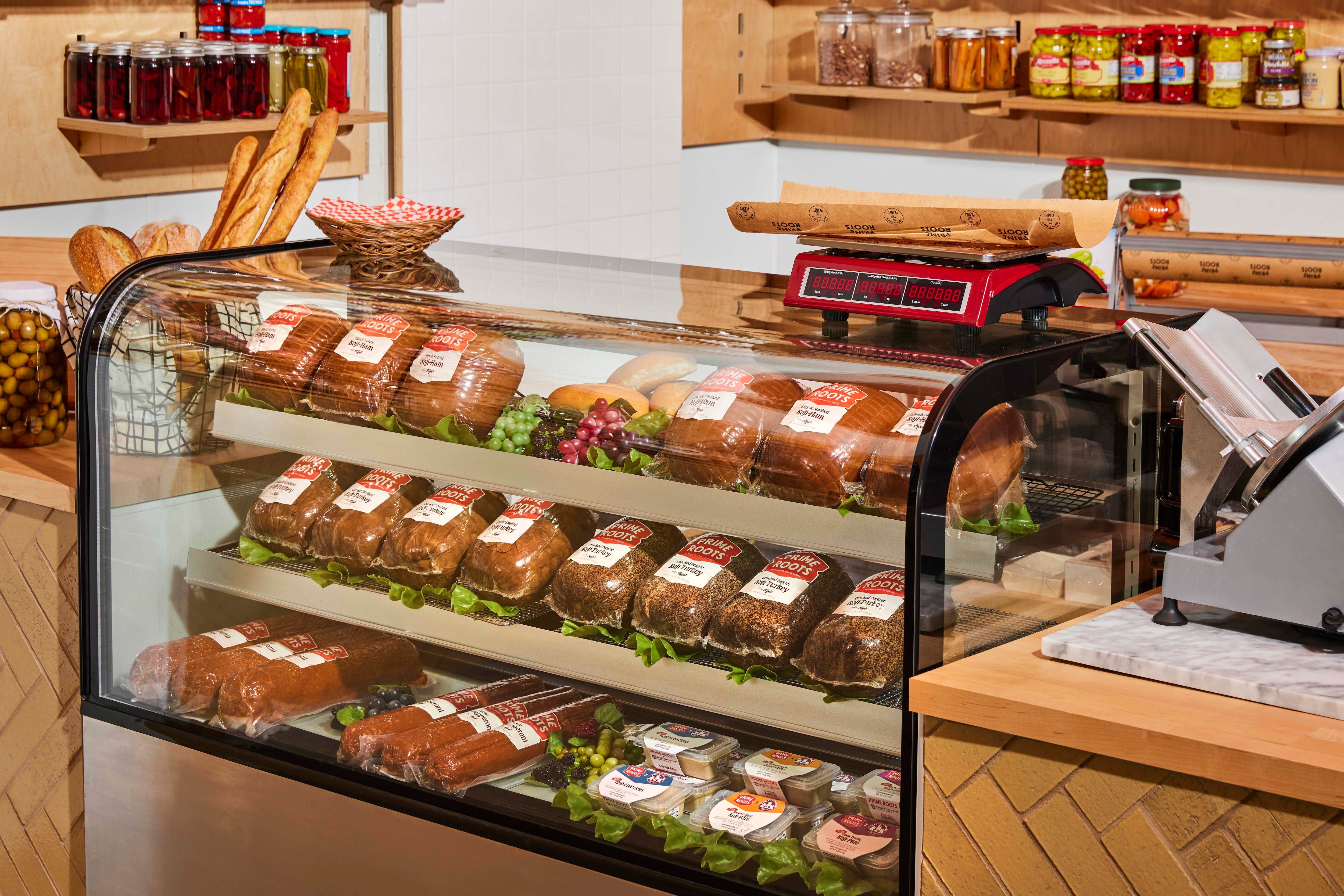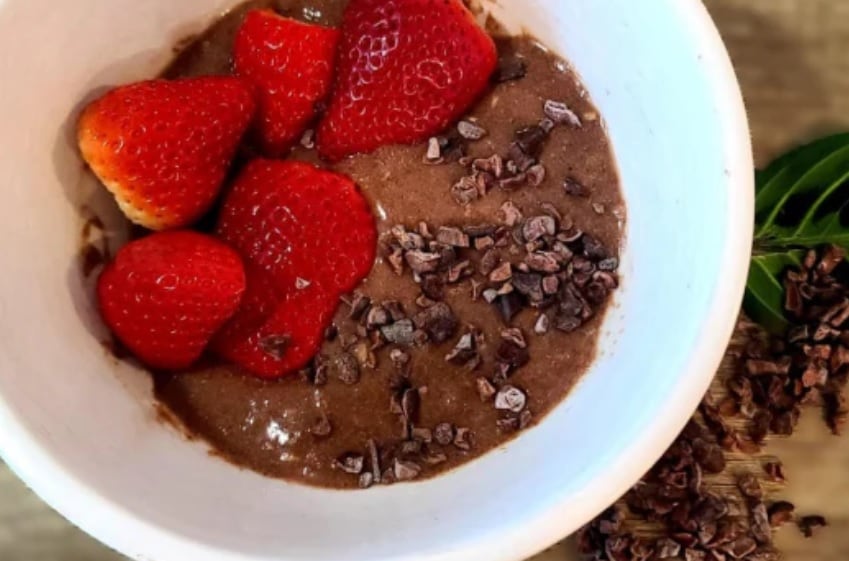Recalls of animal-based deli meat tainted with listeria may give plant-based alternatives with clean labels and a lower risk of foodborne illnesses an opportunity to shine.
Last July, Boar’s Head Provisions recalled approximately 7 million pounds of its ready-to-eat meat and poultry products contaminated with listeria monocyogenes. Similarly, BrucePac recalled roughly 12 million pounds of its ready-to-eat meat and poultry products for another listeria outbreak.
By September, deli grab-and-go lunchmeat and deli service lunch meat sales dropped by 10.6% and 17.8%, respectively, per Circana Integrated Fresh data, highlighting how quickly consumers changed their behavior regarding food recalls. On Jan. 31, the Center for Disease Control and Prevention announced that the outbreak was over.
Plant-based deli meats are less prone to foodborne illnesses but need a sales boost
Year-over-year sales for plant-based meat declined 5.8% from $1.24 billion in 2023 to $1.17 billion in 2024, per SPINS and MULO data from year ending Dec. 29.
Within the refrigerated plant-based meat segment, sales dropped 8.8% from $406.3 million in 2023 to $370.4 million in 2024. Refrigerated plant-based deli meat sales declined 3.9% from $45.9 million in 2023 to $44.1 million in 2024. While seitan is not a deli meat, sales spiked 12% from $6.9 million in 2023 to $7.7 million in 2024, per SPINS and MULO data. Commonly referred to as “wheat meat,” seitan is also a popular, protein-packed ingredient with a meat-like texture for homemade seitan deli recipes across Reddit, Youtube and Instagram, among others.
Cleaning up labels
As consumers continue their search for nutrient-dense, texturally satisfying and flavorful plant-based deli meats, brands are cleaning up their ingredient lists to include whole ingredients and breaking down processed ingredients, such as explaining tofu is made of soybeans and water.
Tofurky, known for its range of plant-based meats, uses a blend of tofu and wheat protein to create its roasted turkey, ham and bologna deli slices that contain 13-15 grams of protein per serving. While Unreal Slices produces plant-based deli slices like Corn’D Beef, Roasted Turk’Y and Steak Slices where each serving contains between 14-15 grams of protein.
Outside of conventional plant-based ingredients like tofu and wheat, fungus-based meat alternatives offer comparable texture, nutrition and taste profiles – like Meati’s mycelium filets and Prime Roots’ Koji Meats.
Prime Roots uses koji, a filamentous fungus to develop its deli slices in Classic Smoked Koji-Turkey, Cracked Pepper Koji-Turkey and Classic Smoked Koji-Ham. Each serving contains between 6-7 grams of protein – a considerable decrease compared to other plant-based deli meats – however, each 4.52 pound pack of koji meat contains between 14-17 ingredients depending on flavor.
Prime Roots' reliance on a mycelium base help lower its ingredient list which features all-natural ingredients—compared to Tofurky, which contains about 20 ingredients, and Unreal Slices, which has between 20-25 ingredients — and avoids using artificial ingredients or preservatives (particularly nitrates), a move that Prime Roots’ Co-founder Kimberlie Le describes as “strictly clean label.”
The fungi base protein contributes to Koji meat’s umami flavor similar to conventional meat, as well as its texture, Le explained.
“The fungi grows in the same size and shape as meat muscle fibers letting us start out our process when making the meat with a microscopic texture nearly identical to the meats we are replicating. We like to talk about how our main ingredient is a whole food source of protein. Plant-based players are typically using protein isolates and protein concentrates or textured proteins that require a lot of hyper-processing to make,” Le said.
Consumers will demand ‘clean foods’ in 2025 across grocery and foodservice
As deli meats have faced scrutiny over processing and food safety, Le predicts that “2025 will be a year where consumers really get educated about and start to demand ‘clean’ foods.”
Le added that the “rhetoric and discourse on eliminating artificial ingredients” will place Prime Roots in the movement “towards a cleaner food system” that caters to consumers who cannot typically eat deli meat and that does not carry the same safety risks as animal-based meat.
“Our outlook on plant-based proteins in general is that the industry needs to focus on taste, texture/application, and nutritional value (meaning products that have protein, and that are made from clean ingredients). For the past few years, it’s clear that many players have come and gone and have not focused on these elements and it’s frankly hurt the industry,” Le said.
Like many alternative protein brands, foodservice is often a segway for consumer adoption. For Prime Roots, the company is tapping into the popularity of deli meats and sandwiches by providing Koji-Meats in delis across the country like New York City’s Zabar’s and Raley’s in California.
“We are excited to be now coast and coast in both foodservice and grocery with our deli program. We have facilities and presence on both coasts that enable us to efficiently address demand and mange supply chain costs,” Le said.




